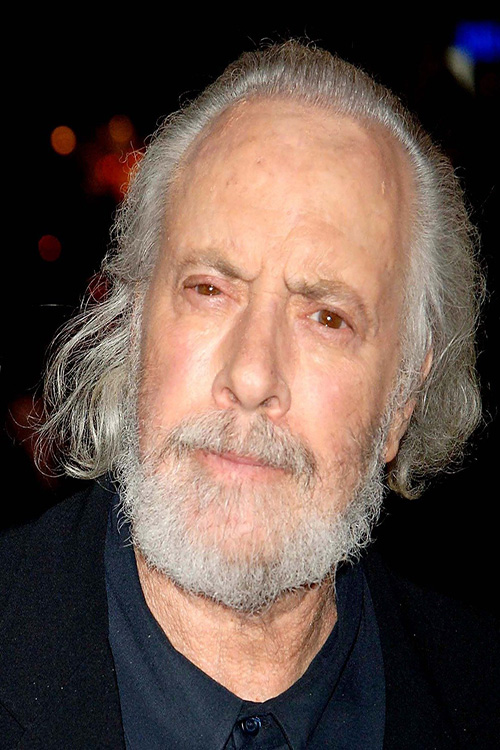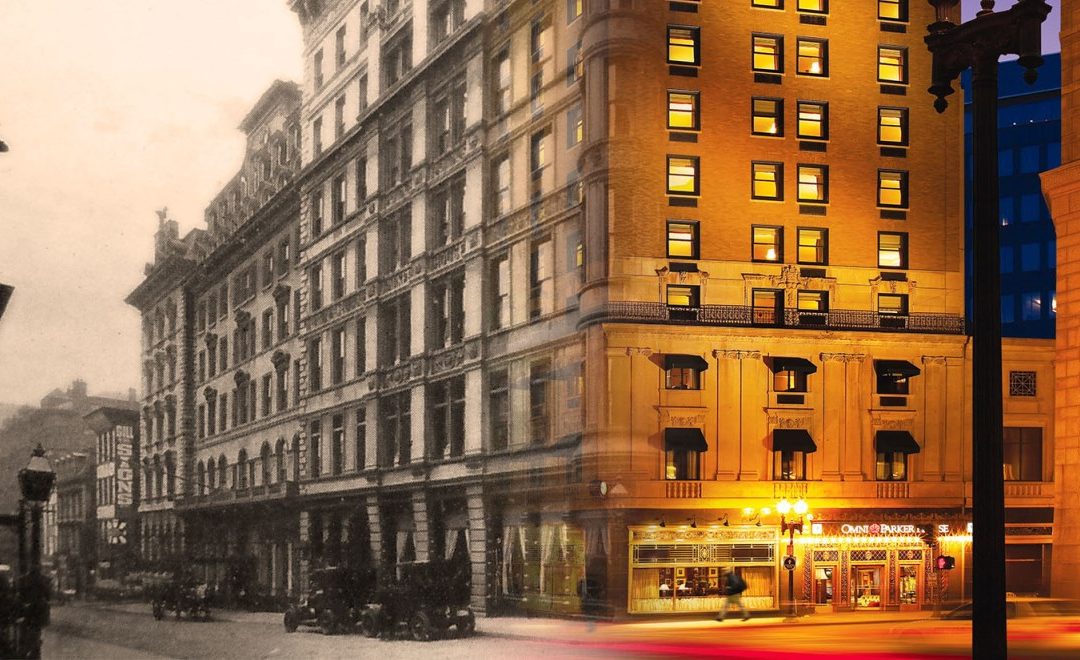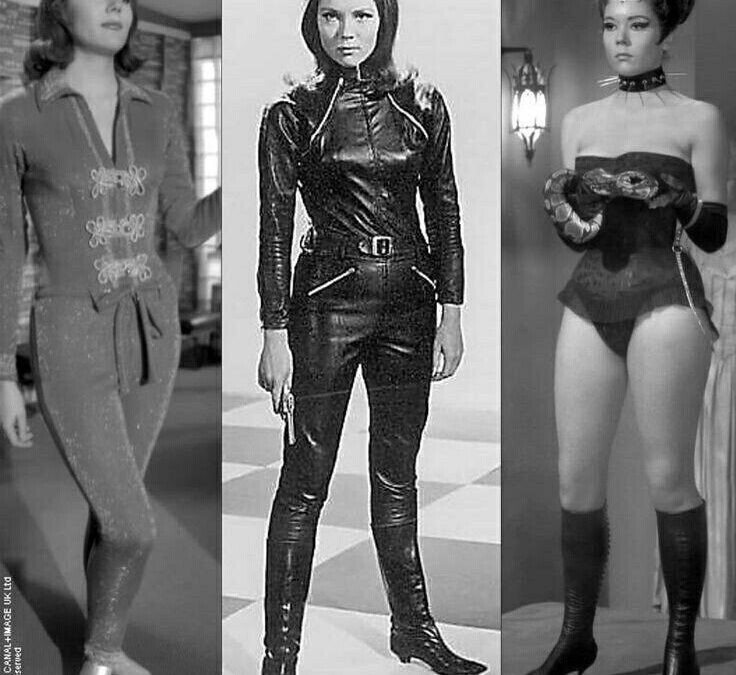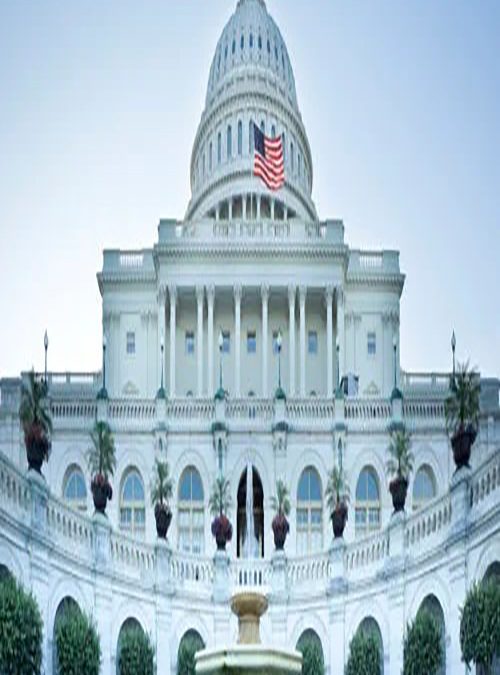Robert Towne, a Trustee of the Artists Rights Foundation and one of the most respected screenwriters in Hollywood, gave us some of his thoughts on the importance of artists rights and about the work and nomination of his friend and colleague, Tom Cruise, as this year’s John Huston Award nominee.
Q: You’ve worked with both John Huston and Tom Cruise. From what you know about both men and the effort they put into their work, and from your own perspective, as an artist, how do you feel about the possibility of having your work altered?
A: I think that any discussion about preservation of work really starts with the creation of it. The level of commitment that anybody has to realizing something— when its as strong as it is with Tom, or as it was with John —the preservation of it just sort of automatically follows. If you’re going to kill yourself to get it right, or come as close as you can to that, then you really want to kill anybody else, after everyone has gone to all that trouble, who would try to deface it or destroy it. If you work with Tom, you know that he will do everything — once he realizes what it is that we’re all after — to make sure it’s done the way we want it done. To have that unraveled afterwards is just almost unthinkable, really.
When you think about it, the most precious thing we all have to offer each other is really our work, and it’s sort of like a trust for everybody. You ask a great cinematographer, or let alone the actors or the writer— every single person on a film is giving you the very best that they have. In the short run, they want to be able to look at it with pride in themselves and be able to use it as a reference point for further employment, in some cases. In the long run, it’s how you want to be remembered. None of us want to make that kind of commitment and feel or fear that it can be undone. It’s hard enough to get it done in the first place.
Q: In screenwriting, you’re taught no scene should be insignificant. Yet when films are sold to ancillary markets, they are sometimes cut to fit time slots — edited by technicians who may not understand the significance of a scene. Do you have any experience in having your films cut?
A: I don’t know what’s worse, people editing your film when they understand the significance of it or when they don’t understand the significance of it and edit.
In the case of a film that I worked on with John Huston — “Chinatown” — one of the things that networks insisted on editing was the nose cutting sequence because they felt it was too violent. And, of course, it was one of the only pieces of violence in the film. It was to suggest larger violence and to cut that out of it, because it was vivid, is really to cut the suggestion of the pervasive violence under the corruption. That really is a conscious attack on the film there. Other cases where they cut for commercials are so numerous that they’re hard to call to mind off hand, but if they don’t hit and undercut a basic theme in the movie, they simply destroy the narrative, so people suddenly can’t follow it. And we haven’t even approached things like colorization. You take a film like “The Maltese Falcon,” and see it colorized. The movie is all about shadows — black and white. It bleeds out all the mystery, all the sense of evil behind everything, coloring it like a slightly retarded child with crayons. It doesn’t just destroy the beauty of the film, it destroys the theme. The light in that movie is literally part of the theme of it, and if an audience doesn’t realize it, and can’t articulate it to themselves, they sense it whether they realize it or not.
Q: Why do you care about artists rights? Why are you involved in the Foundation’s work?
A: If the alternative to being involved is being not involved, it’s no alternative. I think that people who do films, like artists who paint paintings, do this in the hope that when you get it right, it will be there always, even after you’re gone. We’ve always had that expectation. Nobody who has ever painted a painting that anybody really cares about thinks that somebody is going to come and alter it after they’re gone. Nobody would ever do it. We know we are here for only a short time, but if we do something well, that will be here after us. Basically I think that every artist is really looking for immortality, in some way or another, aren’t they? That’s what it’s about — to create something that lasts longer than they do. And, if they didn’t, they wouldn’t bother.
Q: The Foundation was founded on the principles of honor, integrity and reputation. What do those words mean to you and how do they personify Tom Cruise?
A: They are words that seem quaint today, almost anachronistic; but they’re not. Tom’s word is good, and when you’re working on something and you’re agreed that it’s got to be a certain way, you know that he’s going to be there with you every step of the way. He has respect for everyone’s work. All he asks is that it be terrific.
Q: Draw some similarities between Tom Cruise and John Huston and the way they approach their work.
A: Of course there are some dramatic differences between Tom and John Huston but, for the purposes of our discussion, the things that they have in common are enormous physical courage. Tom will, alarmingly, try just about everything, and I think John was that way, too. For a variety of reasons, Tom might not go off into the jungle or the Savannah or wherever the elephants are and try to shoot one, but I can well imagine him jumping into crocodile infested waters to get a shot. On “Days of Thunder” he was doing all of that driving, and he was driving at speeds every bit as fast as any race car driver. In fact, he almost broke the track record at Charlotte. He came within a tenth of a second. I think that willingness to push himself physically is really emblematic of the fact that he’s constantly seeking to push himself, psychically. And more and more, as he works, he’s willing to push himself into dangerous areas, or what we might think of as dangerous areas psychically. I have a feeling that’s what, without knowing it, he was asked to do, and what he did, in “Eyes Wide Shut.” There are forays of that in “Interview with the Vampire” and “Born on the Fourth of July.” I think courage and curiosity are two things that both men really have in common and in much the same measure.
Tom’s curiosity is just voracious. The first time I ever met him, he was carrying a dictionary. There’s nothing he doesn’t want to know about and seemingly nothing he’s not willing to try. And I think John Huston was a little bit like that. I can see Tom going out and filming a battle like San Pedro, or trying to. I can see him trying just about anything that he thought was important to try. I’ve not run into too many people like that. If you can explain it to him, then he can get it done. Once he understands, I think he’s really fearless. Courage, curiosity and passion.
Q: Do you think that it’s because Tom does risk so much of himself physically and mentally that he works so hard to protect his films?
A: Yes, if you risk your neck, you don’t want someone messing with the reason why you did that. I think that every really fine filmmaker takes tremendous risks to make a film, of all kinds, whether they’re physical or not. I don’t think we would have any cultural heritage if those who preceded us in art and literature or architecture felt that people had no trouble in changing what they’ve done. I mean, I think what we feel is that there is some absolute right for the creator of something to be able to expect that his creation will go unchanged and unchallenged. And if they didn’t feel that way, sooner or later, those people who give things to the world to last beyond their time here will stop doing that, and the world would be a poorer place for that. I think artists are a little bit like hermit crabs. They grow, and they work. In growing, they have to abandon that shell after they’ve grown to a certain point. And that shell really is the work itself, and they move on. I think every time you do something, it’s gone from you in a way. But even though it’s gone from you, you don’t want somebody else to take it and destroy it. You want them to inhabit or enjoy it.





